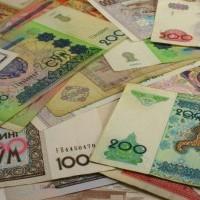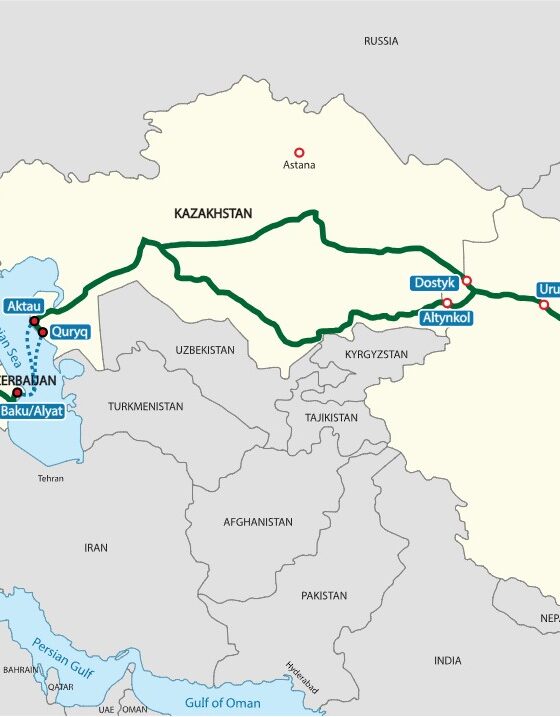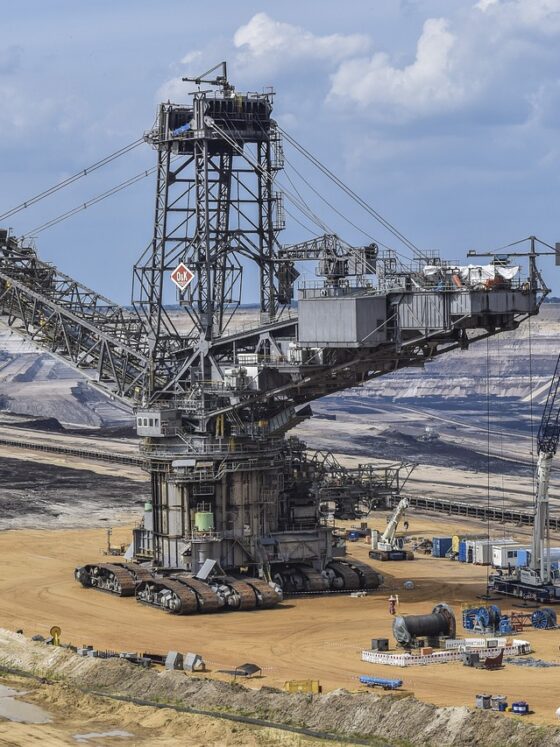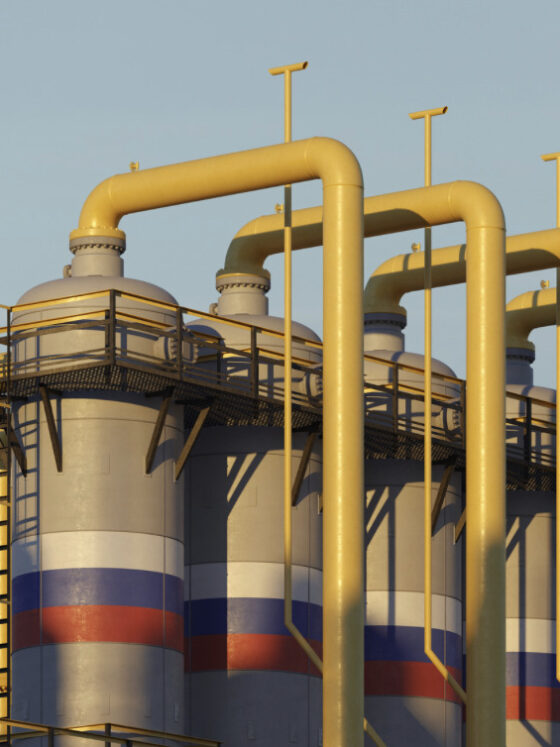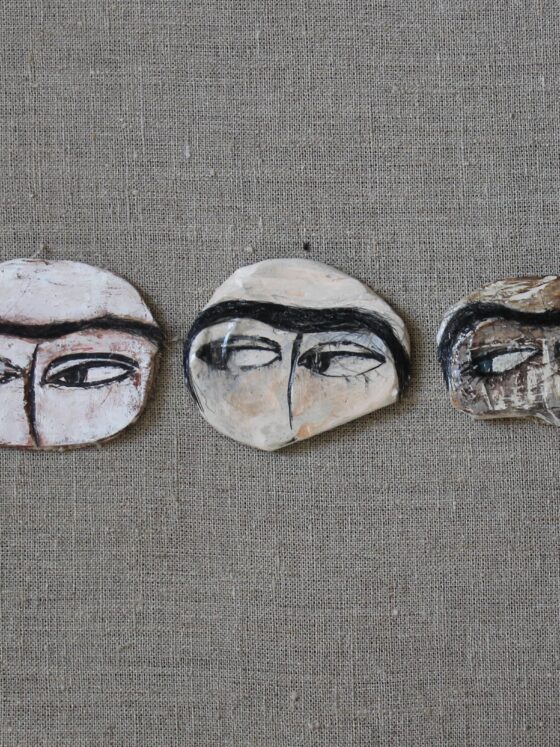Uzbekistan Initiative Papers No. 11, March 2014
By Erica Marat
Uzbekistan offers vast market opportunities to both foreign and domestic investors. Yet more than two decades after gaining independence from the Soviet Union, it remains neither economically prosperous nor politically free.
The country’s GDP has been growing consistently, averaging 8% annually over the past two decades. The growth, however, has been generated primarily by rising prices for gas, oil, cotton and gold. Wealth is spread unequally, with a small group of well-connected elites controlling the bulk of the economy.
The country’s informal politics are far more influential than the formal state, forcing foreign investors to navigate the web of complex paternalistic relations.
Uzbekistan welcomes foreign investors – so long as they agree to play by the political regime’s informal rules. Some foreign companies are expected to make payments to offshore regime accounts in Europe
Violence, extortion, and intimidation of regime rivals and entrepreneurs are common occurrences in Uzbekistan.
Once the regime decides to focus on a specific profit-making enterprise or a politically disloyal entrepreneur, it will find a way to appropriate or destroy the business. Both local and foreign investors can fall victim to the regime’s extortion practices.

